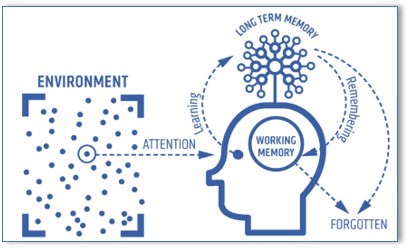Curriculum Overview
View our curriculum overview here
At Castle Academy every child has the best possible start to their learning journey; this is reflected in our curriculum which has clear progression from EYFS to Year 6 and is personalised to all learners. We offer a broad and balanced curriculum which aims to promote collaborative, resilient, resourceful and reflective learners.
Castle Academy personalises the curriculum by making it accessible to all: our curriculum is inclusive. It encompasses the needs of all learners and is delivered by passionate and supportive staff who strive for quality and consistency. The impact of our tailored curriculum enables children to think more deeply, be positive role models and face ongoing challenges confidently whilst remaining engaged in lifelong learning. Our children are prepared for a successful future which will lead to happy and fulfilled adult lives, developed through our school values of hope, trust, pride and respect.
Our school is situated in a culturally rich and diverse community, and we take every opportunity to celebrate our commonalities and differences by teaching children to work respectively and cooperatively. We develop our pupils’ sense of community both in and out of school, so they can leave school with the habits and attitudes which will serve them throughout their lives. This gives our pupils the confidence to thrive in the modern world.
At Castle Academy we believe that we, alongside everyone within our community, are on a continuous learning journey, working together to improve and grow. To fulfil this belief, we underpin our curriculum with positive learning experiences to motivate and inspire our pupils and promote positive wellbeing.
To find out more about our curriculum, click on the link below or get in touch through our Contact Us page. You can also view our subject curriculums using the menu on the left.
View our curriculum overview here
Read, Write Inc
At Castle Academy we follow Read Write Inc but have adapted it to suit the needs of our pupils. Children in Nursery start with learning how to hear and say phonemes in words. They then progress onto recognising phonemes and corresponding graphemes.
In Reception and Key Stage 1 & 2 pupils follow Read Write Inc programme for phonological awareness, learning to blend and segment words, phoneme/grapheme correspondence, reading and comprehension. this takes place daily for 30 minutes in ability groups and pupils are continually assessed and move accordingly.
Once pupils are off the programme, they move onto spelling and comprehension.



